Sen. Ron Johnson (R-Wis.) has issued a subpoena to a former State Department official linked to a controversial research dossier authored by British ex-spy Christopher Steele, which played a key role in the FBI’s probe into debunked allegations of a criminal conspiracy between the Trump campaign and Russia to swing the 2016 election.
“Among other issues, Mr. Winer’s admitted destruction of his records related to his contacts with Christopher Steele is concerning and deserves an explanation,” Johnson told The Epoch Times in an earlier emailed statement.
“So, I destroyed them, and I basically destroyed all the correspondence I had with him,” Winer was quoted in the report as saying about information that was on his personal devices, adding as justification that Steele wanted to keep his network of contacts secret from the Russian intelligence services.
Winer, who was Steele’s contact at the State Department, arranged a meeting for Steele in October 2016 with another State Department official regarding the former spy’s research on then-presidential candidate Donald Trump.
“After Steele’s memos were published in the press in January 2017, Steele asked Winer to make note of having them, then either destroy all the earlier reports Steele had sent the Department of State or return them to Steele, out of concern that someone would be able to reconstruct his source network,” the Senate report stated.
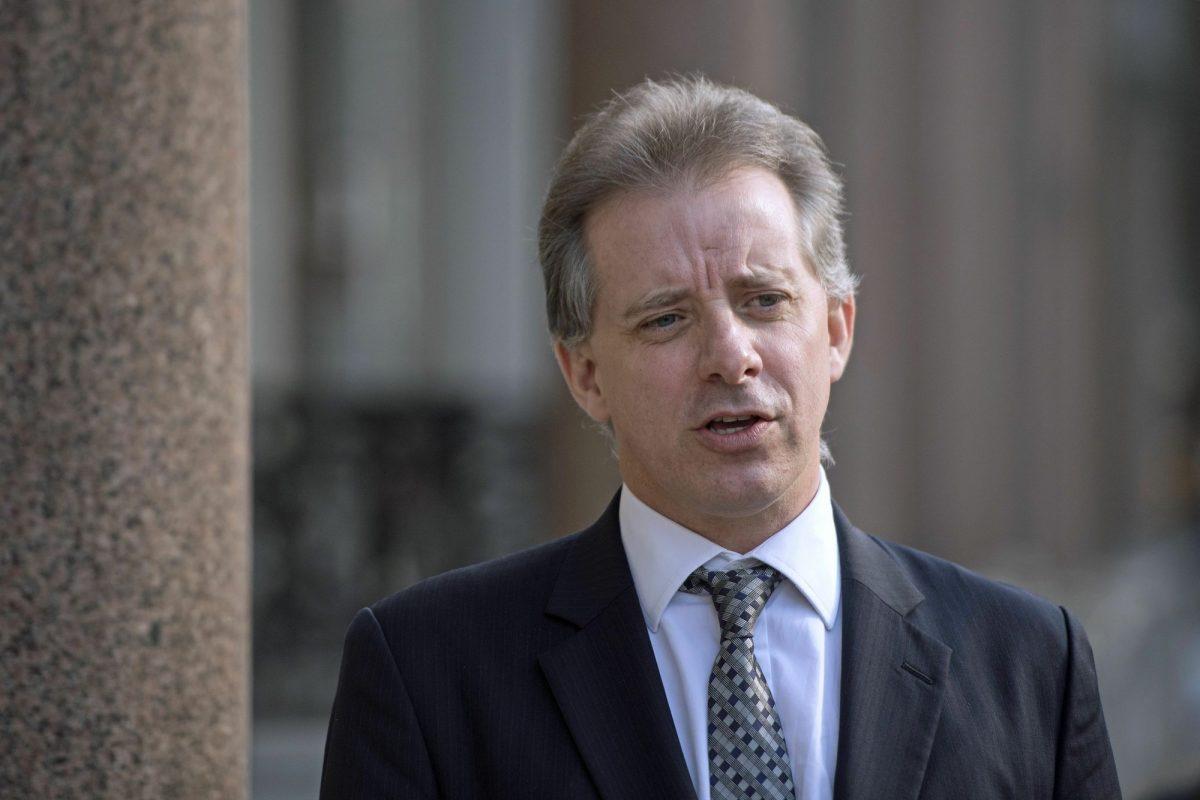
News of Johnson’s subpoena comes as the Republican senator has faced criticism for not issuing subpoenas in the committee’s review of the probe into the Trump campaign. Johnson received the ability to issue subpoenas to persons of interest in the Trump–Russia probe in June, after the committee voted along party lines in June to grant him the power. Johnson issued his first subpoena on Aug. 10 to the FBI, requesting records related to the probe into the Trump campaign.
The probe into Russian meddling in the 2016 election morphed into an investigation into the Trump campaign, with the chief accusation being that members of the campaign colluded with Russian operatives to influence the election.
Multiple investigations, including the probe led by then-special counsel Robert Mueller, yielded no evidence of any such criminal conspiracy, commonly referred to as “collusion.” Yet there have been multiple questions about the conduct of the probe into the Trump campaign, which carried the code name “Crossfire Hurricane,” with the set of alleged improprieties on the part of the intelligence community dubbed “Spygate.”
Attorney General William Barr appointed John Durham, the U.S. attorney for Connecticut, in 2019 to examine the decisions that were made by government officials as they investigated ties between the Trump campaign and Russia. Barr has challenged the idea that the FBI had a strong enough basis to launch its counterintelligence probe against the Trump campaign and gave Durham a mandate to review the actions taken by multiple agencies.
Clinesmith pleaded guilty in federal court to a false statement charge.
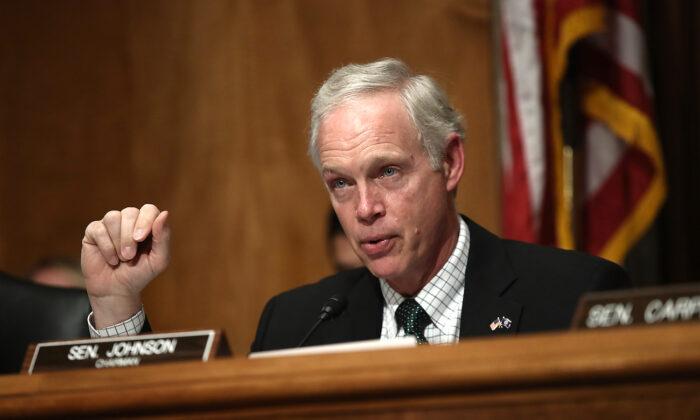


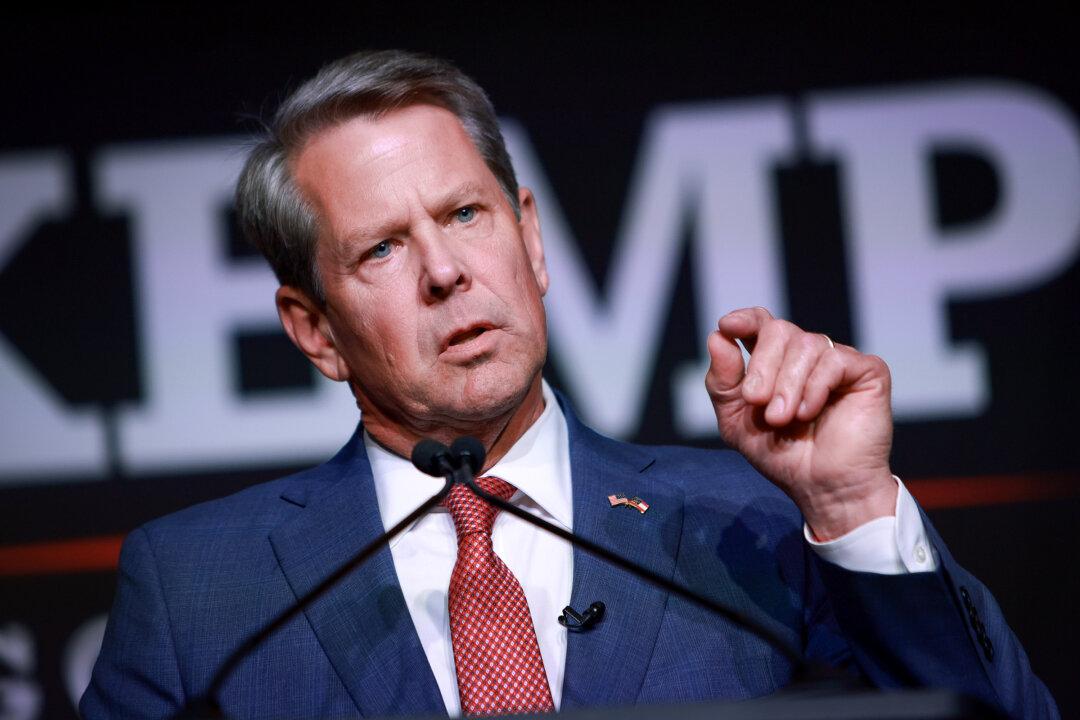
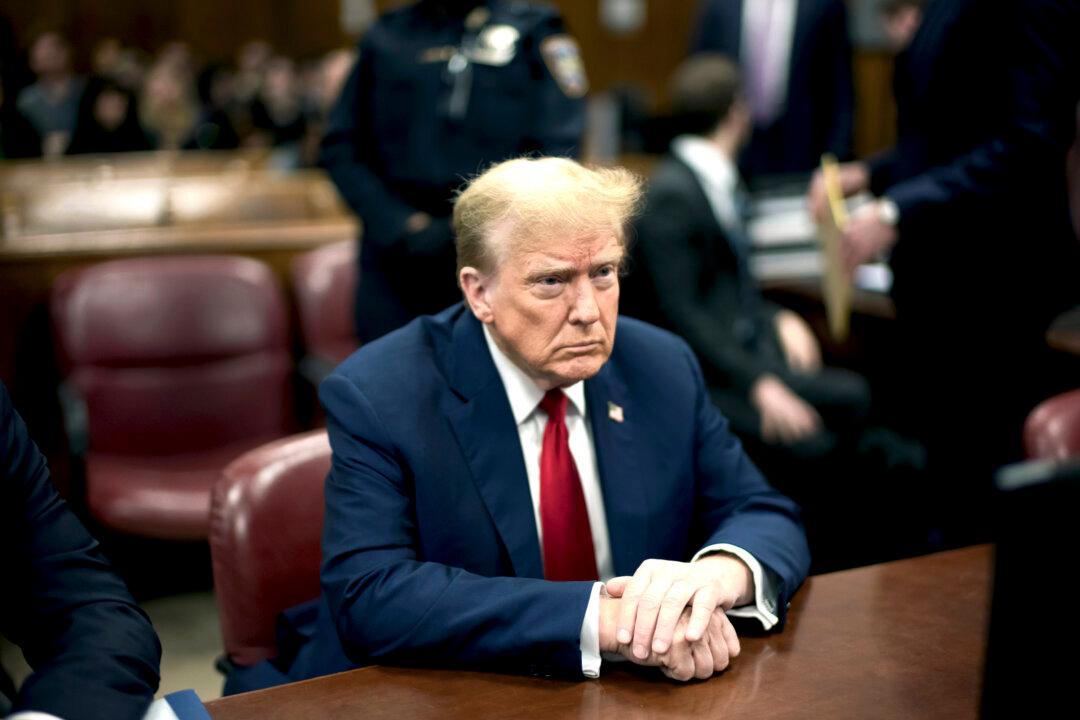
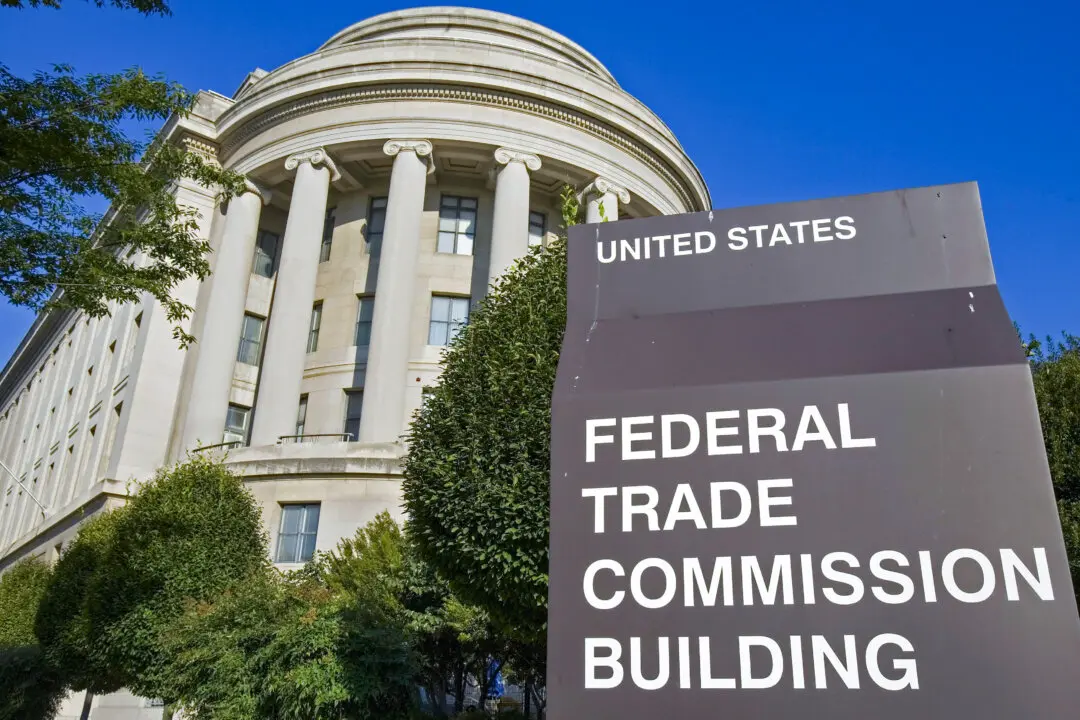
Friends Read Free